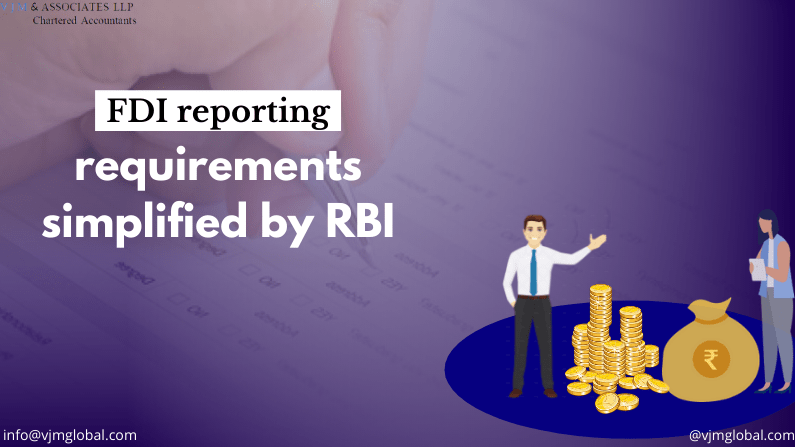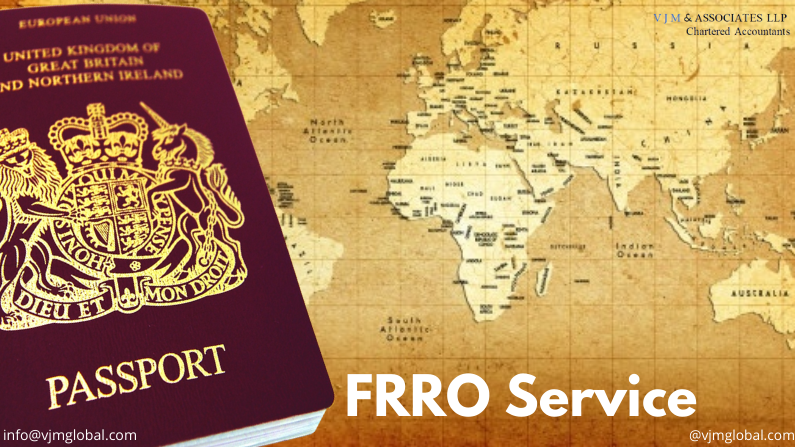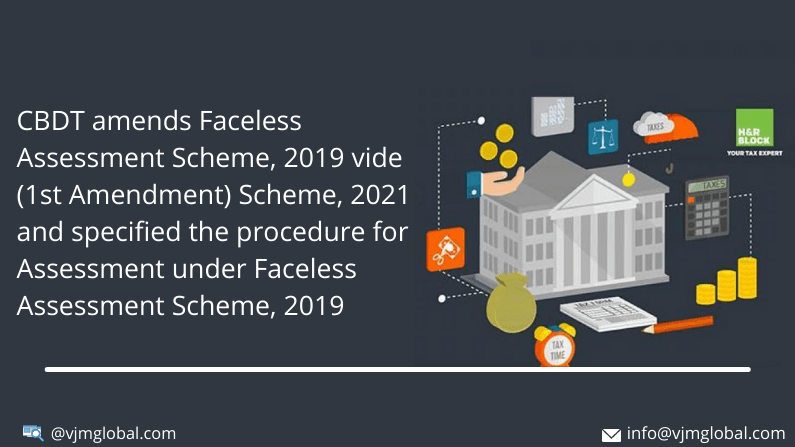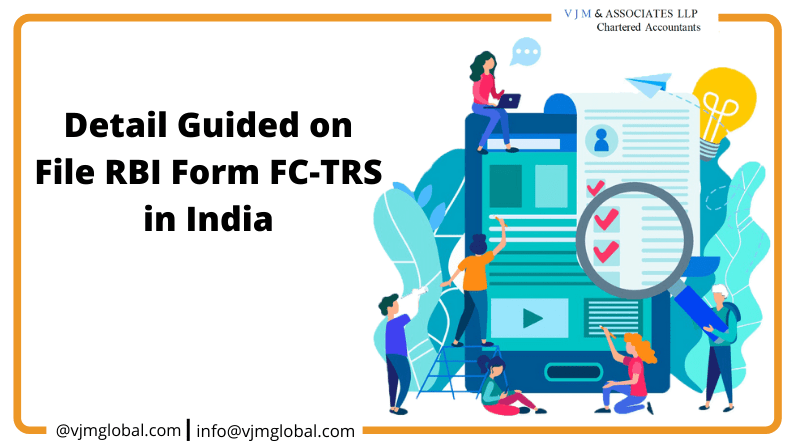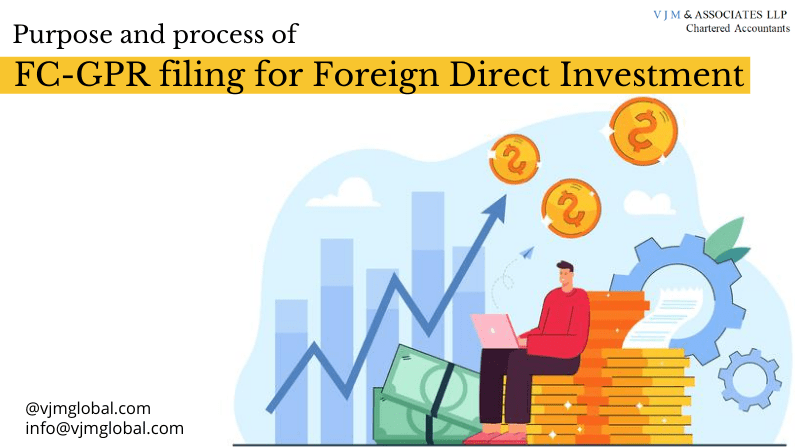Held by
Hon’ble High Court of Jharkhand
In the matter of
M/s TATA Steel Ltd. vs. State of Jharkhand
The Petitioner is a company engaged in the manufacture of steel and sponge iron. The petitioner purchases coal on payment of compensation cess. The Petitioner exported goods under LUT without payment of IGST. Therefore, the company has accumulated ITC in the cess ledger. Therefore, the company filed a refund application. However, such a refund application got rejected on the grounds of non-furnishing of:
- proof of payment within 180 days of export;
- Export within 90 days of invoices.
- Declaration of non-prosecution;
- Undertaking under proviso to Section 11(2) of the Cess Act;
- statement as per Para 43(C) of the 2019 GST refund Circular
Hon’ble High Court held that the impugned order has no legs to stand in the eye of the law as the same is based on extraneous grounds which are beyond the requirements of the CGST Act & circulars due to the following reason:
- Proof of payment within 180 days of export: This requirement is applicable only for the export of services.
- Export within 90 days of invoices: As long as goods are actually exported even beyond the stipulated time period, the exporters would be entitled to a refund of unutilized input tax credit.
- Declaration of non-prosecution: There is no such requirement as prescribed under the Act.
- Undertaking under proviso to Section 11(2) of the Cess Act: such proviso is applicable only when export is made on payment of IGST;
- statement as per Para 43(C) of the 2019 GST refund Circular: such para is applicable only when there has been a reversal of credit, which is absent in the present case
Accordingly, the impugned order is liable to be set aside, and the petitioner is entitled to a refund with applicable interest.
1. Brief Facts of the case
- M/s Tata Steel Limited (“The Petitioner”) is a company engaged in the manufacture of steel and sponge iron for which coal is required as a raw material.
- The petitioner purchased coal on payment of compensation cess.
- The petitioner further exported goods under a Letter of Undertaking (“LUT”) without payment of IGST. Therefore, the petitioner has accumulated ITC in the cess ledger.
- Accordingly, the petitioner filed a refund application for FY 2021-22 for INR 1.23 Crores.
- However, the refund application of the petitioner got rejected on the following grounds:
- Non-furnishing of the receipt of payment within 180 days of export;
- Non-furnishing of proof of export within 90 days of the invoice;
- Non-furnishing of the declaration of non-prosecution;
- Non-furnishing of undertaking under proviso to Section 11(2) of the Cess Act;
- Non-furnishing of statement as per Para 43(C) of the 2019 Circular.
- The petitioner filed an appeal against the impugned order. However, the same also got rejected.
- The Petitioner contended that the order impugned is an appealable order that has no meaning in view of the fact that the “GST Tribunal” is still not functional. Therefore, the Petitioner filed a petition before the Hon’ble High Court.
2. Analysis by the Hon’ble High Court
The Hon’ble High Court made the following analysis:
2.1 First Ground: Non-receipt of export proceeds within 180 days:
- As per Rule 89(2)(d) and 89(2)(c) of CGST Rules, Proof of payment is required only in case of export of services and not for export of goods.
- For export of goods, only a reconciliation statement of the Shipping Bill and Export Invoices is required, and the same is already annexed to the refund application.
- Further, Para 48 of Circular No. 125/44/2019 – GST dated 18th November, 2019 (“GST Refund circular”), clearly stipulates that “insistence on proof of realization of export proceeds for processing of refund claims related to export of goods has not been envisaged in the law and should not be insisted upon”.
- Also, the requirement of payment is 9 months of export as per clause A2 of the RBI Circular being FED Master Direction No. 16/2015-16 dated 1.1.2016.
- Therefore, 1st ground of rejection of the “Refund Application” has no legs to stand on in the eyes of the law.
2.2 Second Ground: Non-furnishing of proof of export within 90 days of the invoices
- EGM (Export General Manifest) details are already given with the refund application, and it is evident that the export is made within 90 days of the invoice.
- Even as per Rule 96A, if goods are not exported within such time, then recovery under Section 79 of the Act may be done. Therefore, specific recourse is available under the Act.
- Also, as per Para-45 of the GST Refund circular, as long as goods have been exported even after three months, payment of IGST first and claiming refund at a subsequent date should not be insisted upon.
- Also, as per paragraph 4.6 of the 2023 Circular, as long as goods are actually exported even beyond the stipulated time period, the exporters would be entitled to a refund of unutilized input tax credit.
- Therefore, this ground of rejection is also contrary to the Circulars of the Respondent Board, which are definitely binding on them.
Read Also: GST Registration Can’t Be Rejected to the Applicant from Other State
2.3 Third Ground: Non-furnishing of the declaration of Non-prosecution
- Concerning Non-furnishing of the declaration of non-prosecution, there is no such requirement as prescribed under the Act, still, the petitioner gave such a declaration in response to the SCN.
- Further, as per Para 46 of the GST Refund circular, it clearly states that “asking for self-declaration with every refund claim where the exports have been made under LUT, is not warranted”. Thus, this ground is also inconsistent with their own circular.
2.4 Fourth Ground: Non-furnishing of undertaking under the proviso to Section 11(2) of the Cess Act
- Proviso to Section 11(2) of the Cess Act only provides that ITC of Cess can be set off against Output Tax Liability of Cess.
- However, since the Petitioner exports goods under LUT without payment of tax, there is no question of set-off.
- As per Para-42 of the GST refund circular, the proviso to section 11(2) of the Cess Act would apply only when export is made on payment of Integrated tax.
- Therefore, the 4th ground of rejection is also not sustainable in the eyes of the law.
2.5 Fifth ground: Non-furnishing of statement as per Para 43(C) of the GST Refund circular
- As per the GST Refund circular, such a para is applicable only when there has been a reversal of credit, which is absent in the present case.
- Further, the records suggest that along with the refund application, the Petitioner submitted a CA certificate stating that the incidence of Compensation of Cess has not been passed on to any person.
3. Final Order
Hon’ble High Court held that:
- As per above mentioned discussion, the impugned order has no legs to stand in the eye of the law as the same is based on extraneous grounds which are beyond the requirements of the CGST Act & Rules and the binding Circulars issued thereunder.
- Therefore, the impugned order is quashed and set aside.
- Further, the Respondents are directed to grant the refund of Rs. 1,23,22,617/- along with the stipulated interest.


